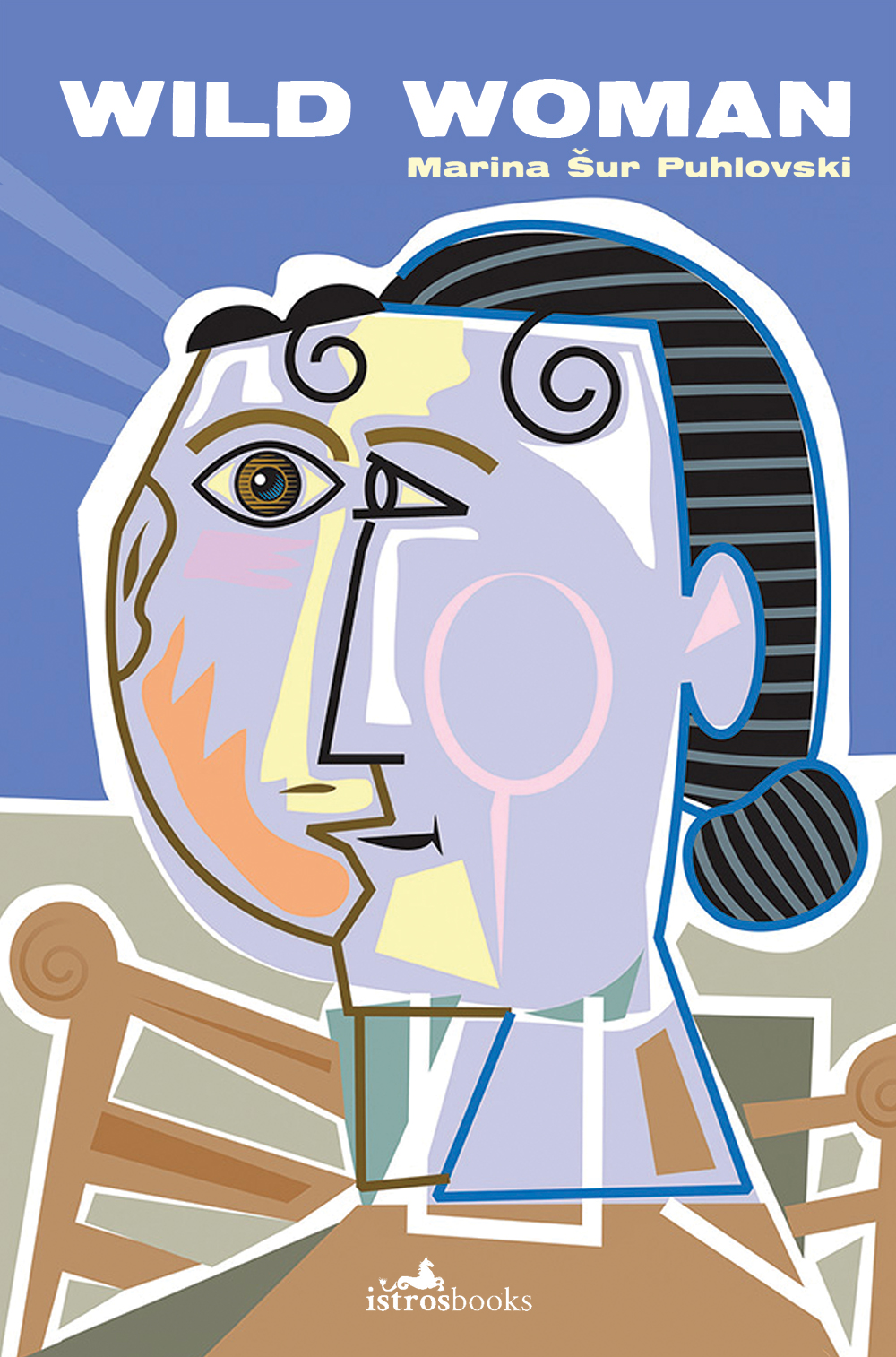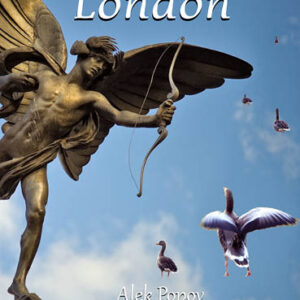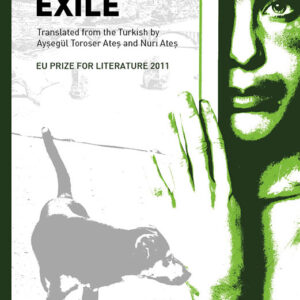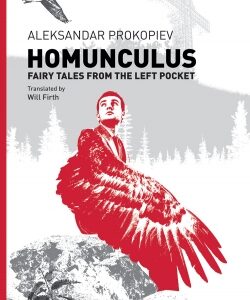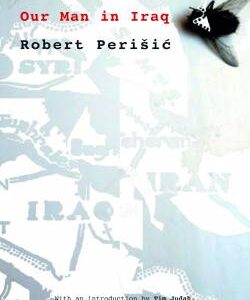POST TO UK & IRELAND ONLY
Translated by Christina Pribichevich-Zorić
ISBN: 978-1-912545-216
Wild Woman is an anti-love story, set against a backdrop of economic hardship. Told through the undiluted language of thought and mania, the twists and turns of internal dialogue are brought alive by a narrator determined to find her true voice. It is a warning against letting life slip through one’s fingers and a call for personal liberation and authenticity.
Sset in 1970s Croatia, Wild Woman,is the story of an everywoman. The story begins with a love affair between two students of literature, who bond through shared experiences and rush into the romantic dreamof marriage. However, what at first seems idyllic to a young womanin love soon becomes a nightmare, as she finds herself the victim of an unscrupulous, lazy womaniser whom she must support financially and who often disappears without explanation, leaving her alone in unfamiliar surroundings. To break free of him, she must first break free of the constraints placed on her by her family, her community and tradition. She must go wild.
Read an excerpt at 3AM Magazine
“And this is the true beauty and power of this book. It speaks volumes about the decisions we make when we let love cloud our judgement, or allow societal, cultural or other personal pressures to push us into relationships. . . The cycle repeats itself. Unless she can break it—no, smash it to smithereens—it will continue. In 1970s Croatia, that might just entail entertaining a little wildness, but if anyone has it, Puhlovski’s insanely wonderful, wise and witty narrator has it in spades. She just has to find it first!”
Joe Schrieber, Roughghosts
“The narrator is brittle, defensive and angry – and this makes for an explosive narrative that pulls no punches either in its exploration of human grief or in its indictment of a social system that leaves women without agency or autonomy.”
“. . . a whirlwind ride inside the mind of a woman let down by society and by her own role within it – a ride with an uncertain destination, for she does not know if she will rise like a phoenix from the ashes of her past life, or simply turn to dust and disappear – but it’s well worth accompanying her for the stage of the journey she invites us to share.”
Helen Vassallo, Translating Women


